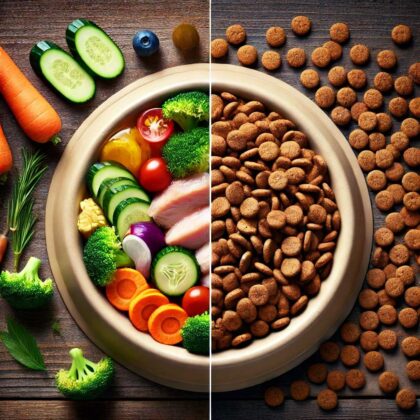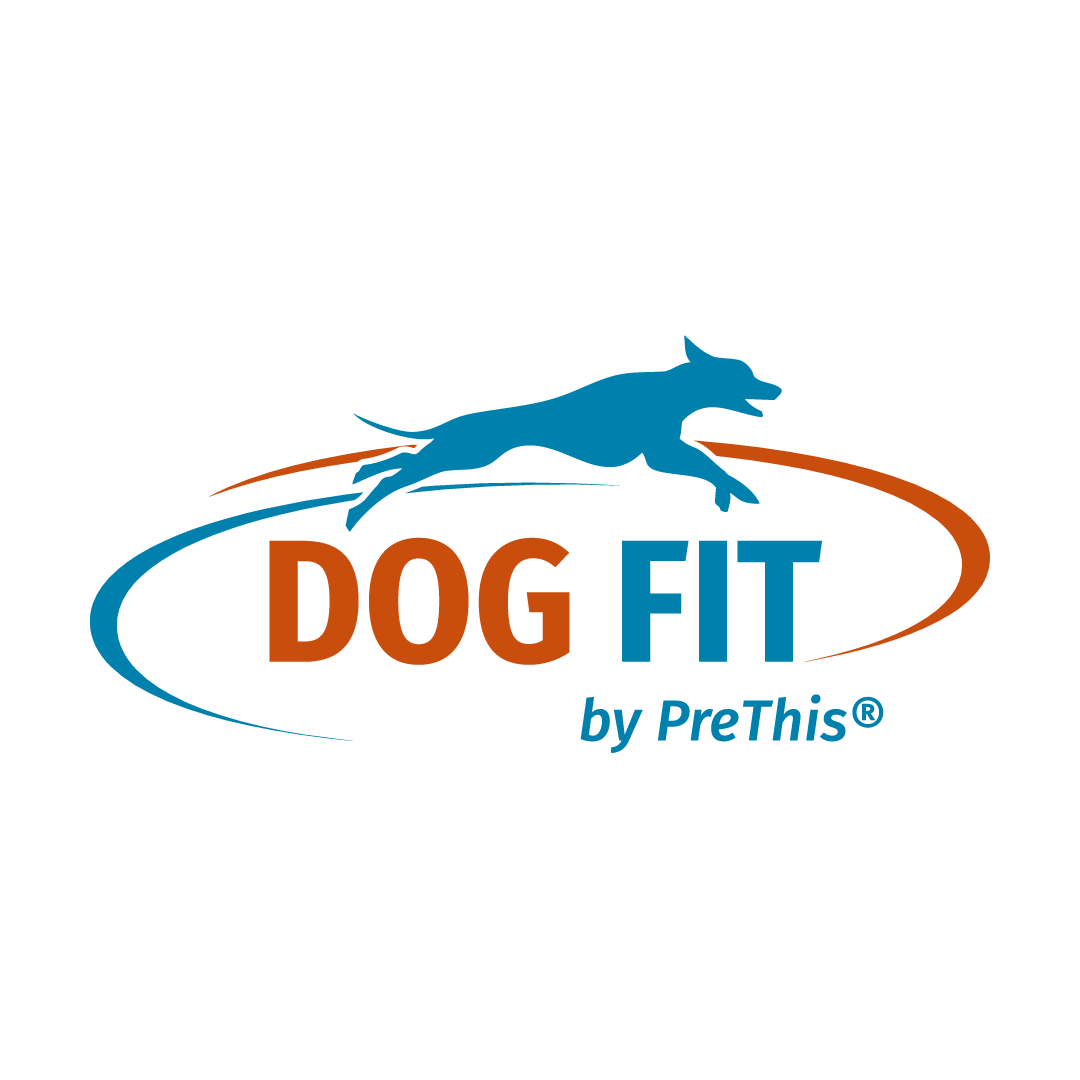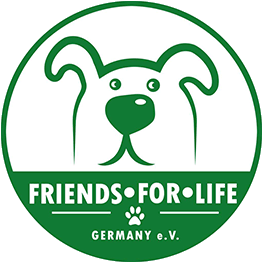
Choosing the right food for dogs is crucial for their health and well-being. Unfortunately, many commercial dog food products contain harmful additives that often do not have to be declared. In this article, you will learn what these additives can be, why they are problematic and why they do not always have to be declared.
Artificial preservatives
BHA (butylhydroxyanisole) and BHT (butylhydroxytoluene)
These preservatives are often used to extend the shelf life of dog food. A bag of dry food often has a shelf life of up to 2 years. However, studies have shown that they can be potentially carcinogenic and have been linked to allergic reactions and liver and kidney damage.
Artificial Colors
Blue 2, Red 40, Yellow 5 and 6
These synthetic colors are often used to make dog food more appealing. However, they have no nutritional benefit and can cause allergic reactions, behavioral problems and even cancer. Despite their potential dangers, these colors do not always have to be disclosed on the packaging.
Artificial Flavor Enhancers
Monosodium Glutamate (MSG)
MSG is used to improve the flavor of low-quality ingredients. However, it can be neurotoxic and cause problems such as headaches, nausea and allergic reactions.
Sweeteners
Xylitol
Xylitol is an artificial sweetener that is highly toxic to dogs. Even small amounts can lead to serious health problems such as insulin overproduction, liver failure and, in the worst case, death. Despite its danger, xylitol does not always have to be declared when it is present in “small” amounts.
Fillers and binders
Propylene glycol
Propylene glycol is used as a humectant and binder in semi-moist dog food. It is a byproduct of the petroleum industry and can cause digestive problems, liver damage and central nervous system disorders in dogs.
Antioxidants
Ethoxyquin
Ethoxyquin is used as a preservative in dog food, but was originally developed as a pesticide. It is suspected of causing cancer and liver and kidney damage.
Why are these additives not declared?
Dog food manufacturers are often not required to disclose all ingredients, especially if they are present in very small quantities or if they are used as processing aids. If ingredients are used that were already purchased with additives, they also rarely have to be declared. This means that even if the labels are read carefully, harmful additives can be overlooked. In addition, the declaration is difficult for most dog owners to understand; in many cases there is a system behind it. But that doesn’t change the fact that you have to act responsibly for the sake of your dog. That means: dog owners have to deal with the issue.
How can you protect your dog?
- Read the labels carefully: Pay attention to clear declarations and avoid products with unclear terms such as “artificial flavors”, “artificial preservatives”, but also “additives” or “nutritional additives”. However, this assumes that you know how to read a declaration. In our Food check for dogs we explain this.
- Choose high-quality brands: Choose dog food that uses natural preservatives such as vitamin E and C (tocopherols and ascorbic acid). But which brand is high-quality? Book tip: Dogs would live longer if… by Dr. Jutta Ziegler on Amazon.
- Ask the manufacturer: Ask the manufacturer directly for detailed information about the ingredients used and their origin. Manufacturers are very skilled at trying to sell you honey. For example, ask for certificates!
- Dry food is taboo! It is an invention from the post-war period and very unhealthy for dogs. Unfortunately, dry food is still marketed as “healthy” with millions of dollars spent on advertising. It is cheap to produce and can be sold with a high margin. Would you want to eat strange dry chunks every day for many years? No! But should your dog? That has nothing to do with nutrition. Any ready-made pizza is “healthier”.
- Avoid the large (online) food stalls! You won’t find the good manufacturers there, but mainly industrial food manufacturers. Good manufacturers avoid the bad company of industrial food manufacturers.
- Preparing a

Every day we experience the wonders of nature with our dogs. This inspiration is the basis for our lives and our products. In our magazine we share with you our passion for these wonderful animals. Visit our socials and become part of the DOG FIT community.


Leave a Reply